What is important to know when starting to work with food?
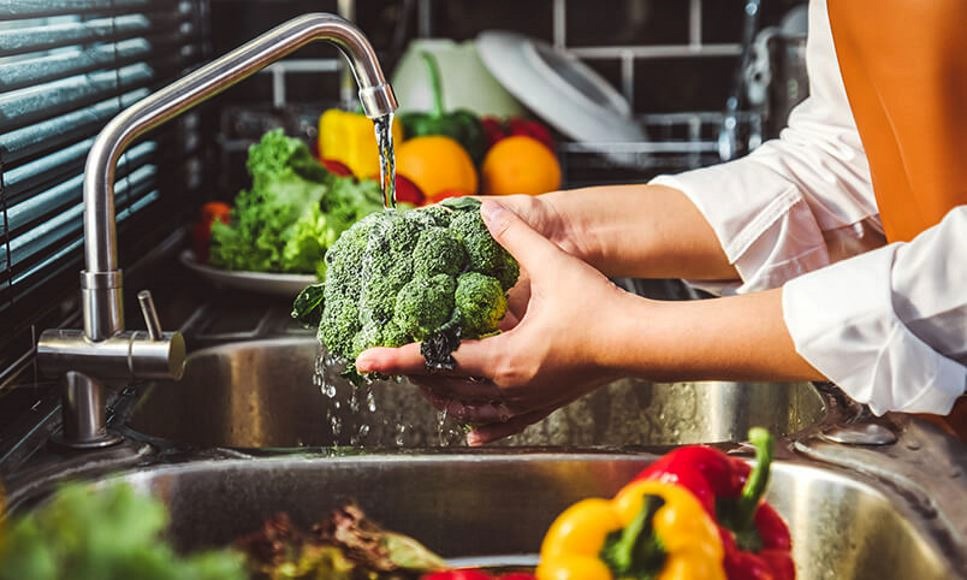
Starting to work with food in the summer – in cafes, restaurants, kiosks, or events – it is important to know the basic rules and responsibilities to ensure the work is safe, hygienic, and professional. Here are the main aspects you must know: 1. Food handling certificate (hygiene courses) Before starting work, it is mandatory to have a health knowledge and skills certification – often this is an online hygiene course. When starting to work with food, you must have a hygiene skills certificate with the HBB+H10 program. You can purchase this hygiene course on the website www.ehigiena.lt You may also need a...
Read moreIt is important to remind beauty specialists that their work is very responsible

"Health is not everything, but without health, there is nothing," said the ancient Greek philosopher Socrates. The goal of beauty services is to maintain or improve the appearance of a person's hair, face, body, and nails by various means and methods, protect their condition, and highlight features. Beauty services include hair, face and body, nail care, tattooing, permanent makeup, and jewelry piercing services. If beauty services are provided unsafely, you may receive additional "gifts" along with beauty, such as fungal infections, scabies, lice, warts, hepatitis B and C, Herpes simplex virus, or even HIV. Are you preparing to become a beauty...
Read moreBe alert, a dangerous form of pneumonia is currently spreading
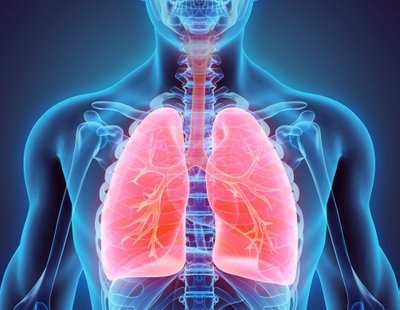
Signs that may indicate pneumonia: cough, chest pain, shortness of breath, fever, severe fatigue. Not all of these symptoms appear in every person – there may be only a few of them. Moreover, they are easy to confuse with other cold infections, especially now, when many respiratory diseases are spreading. At the moment, we should be very vigilant because there is a type of pneumonia spreading that cannot be heard with a stethoscope. Read more about this at the source: https://www.lrt.lt/naujienos/sveikata/682/2420654/plauciu-uzdegima-diagnozavo-atsitiktinai-sirgdama-vaiksciojau-tris-savaites Take care of yourself, others, and stay healthy ❤️...
Read moreFlu: symptoms, treatment, prevention
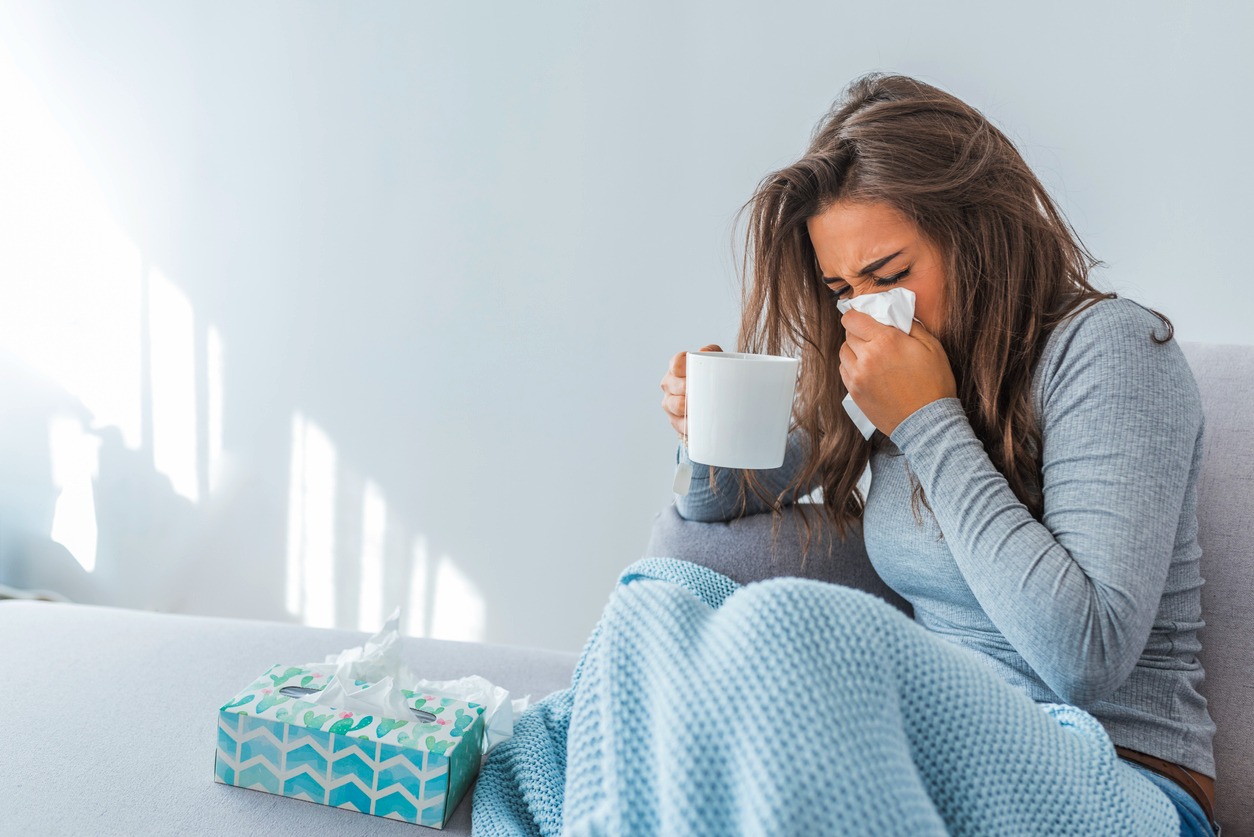
Flu is a viral infection that most commonly affects the respiratory tract – the nose, throat, and lungs. It spreads through airborne droplets or by direct contact with an infected person. Types of flu: Human influenza viruses are divided into three types: A, B, and C. Types A and B pose the greatest threat to public health as they are the main causes of epidemics. Type A influenza virus has a wide host range: it can infect not only humans but also animals such as pigs, horses, marine mammals, and birds – both wild and domestic. Such broad virus circulation allows it to...
Read moreChildren's infectious diseases most commonly spreading in schools
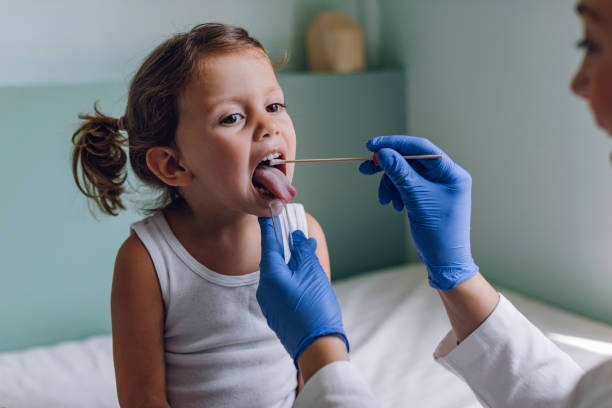
Infectious diseases can spread quickly in schools and other educational institutions due to close contact, sharing surfaces, and common spaces. Here is the basic information about the most common infectious diseases spreading among children in schools, their prevention methods, and consequences. 1. Respiratory tract infections Influenza: Influenza spreads through respiratory droplets and can cause significant absenteeism among children and teachers at school. Common cold: The common cold is caused by various viruses (e.g., rhinoviruses) that easily spread among children through coughing, sneezing, or sharing toys and surfaces. COVID-19: Although younger children often experience milder symptoms, COVID-19 still spreads easily in schools, especially due to...
Read moreMeasures that help prevent infectious diseases in educational institutions

In autumn, when children return to schools and kindergartens, the incidence of seasonal illnesses inevitably increases. Specialists from the National Public Health Center (NVSC) remind us of the most important preventive measures that help prevent the spread of infectious diseases in educational institutions. Do we really all know what these preventive measures are? Read more in the source about how important it is to have your health checked annually, maintain hand hygiene, and clean frequently touched surfaces. https://www.lrt.lt/naujienos/sveikata/682/2336533/paprastos-priemones-kurios-padeda-isvengti-uzkreciamuju-ligu-ugdymo-istaigose...
Read moreCoughing and Sneezing Etiquette and Hand Hygiene
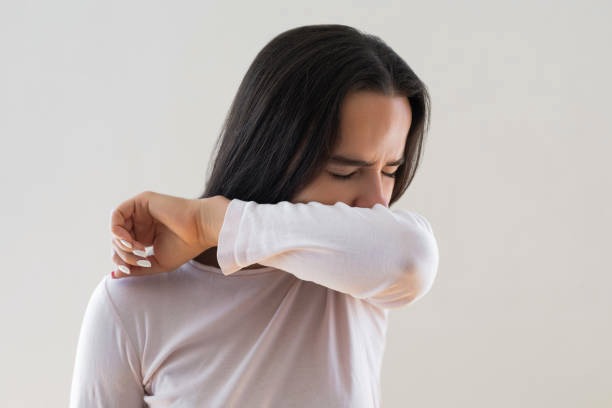
During the winter and autumn months, we all spend a lot of time indoors in unventilated spaces, where conditions are ideal for the spread of viruses. Therefore, one of the preventive measures is hand hygiene and observing coughing and sneezing etiquette. Coughing and sneezing etiquette and hand hygiene are simple but effective measures that help reduce the spread of viruses: When coughing or sneezing, it is necessary to cover your mouth or nose with a handkerchief (preferably disposable) or turn away. If you do not have a handkerchief, cough or sneeze into clothing that will not come into contact with your open hand...
Read moreHygiene Skills Training with Discount

Now purchase Hygiene Skills training with a special discount!💥💥💥 Visit https://ehigiena.lt/kursai and purchase the Hygiene Skills courses you need. 👉 Hurry to take advantage of this offer, and if you have any questions, contact us: 🌐 https://www.ehigiena.lt 💌 Email: info@togilas.lt 📞 Mobile phone: +37061412278...
Read moreHow to prevent salmonellosis?
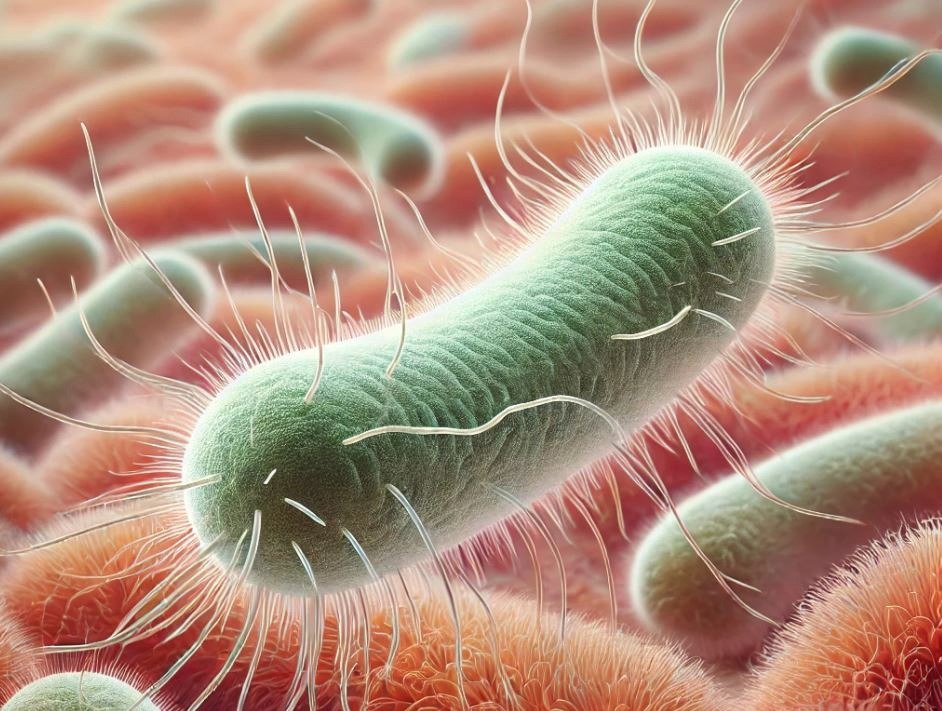
One of the most common bacterial intestinal infections is salmonellosis. The number of people suffering from salmonellosis increases especially during the warm season, as this is a very favorable time for bacteria to multiply. Salmonellosis outbreaks are most often registered in public catering establishments and childcare institutions. Salmonellosis is an infectious disease caused by Salmonella bacteria. It is one of the most common foodborne infections that a person can contract by consuming contaminated food or water. These bacteria are most often found in insufficiently heat-treated poultry, raw eggs, unpasteurized dairy products, and can also be transmitted through contaminated surfaces or unclean...
Read moreIs it possible to get lice nowadays? How to eliminate them?
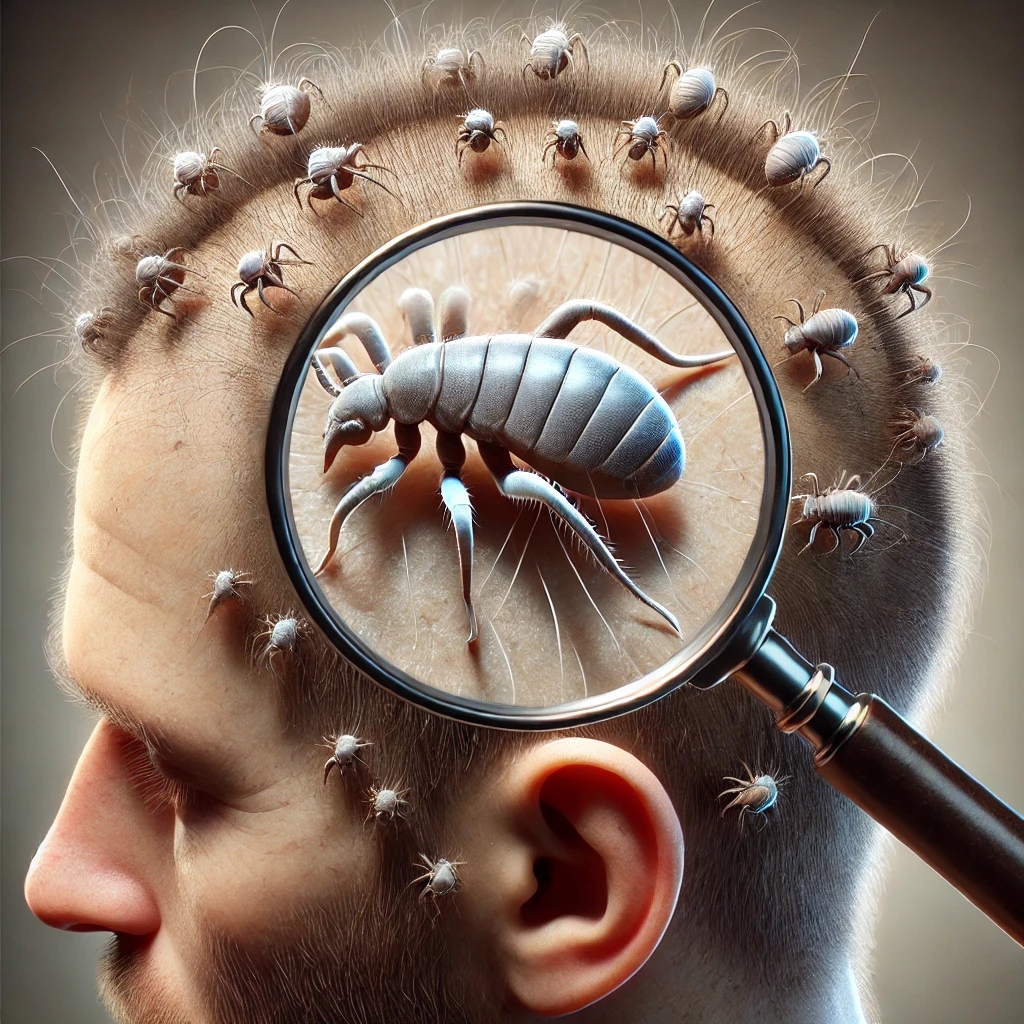
Nowadays, lice have not disappeared anywhere and still exist near people, waiting for an opportunity to attach to hair. These parasites can be contracted even in crowded public transport, various places where people gather closely. However, most often, younger children in educational institutions get infected and thus transmit lice to their family members. Pediculosis, also called lice infestation, is an infection caused by parasitic insects (family Pediculidae) living on the human head, body, or pubic area. There are three main types of lice that infect humans: 1. Pediculus humanus capitis (Head lice). 2. Pediculus humanus corporis (Body lice). 3. Pthirus pubis (Pubic lice). Types of...
Read moreA dangerous bacterium lurks in the soil, some of those infected do not survive
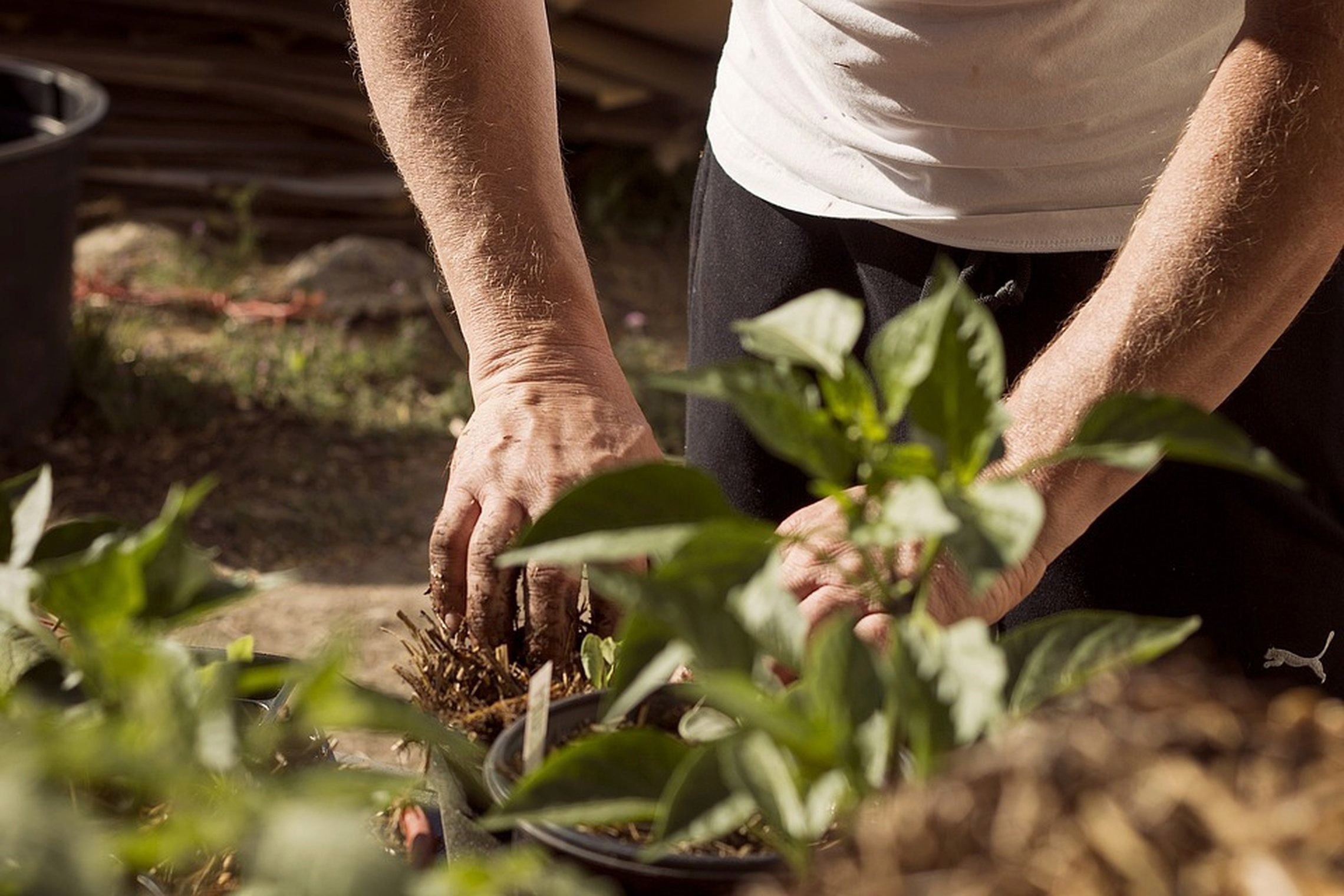
Even minor injuries caused by unclean or dull sharp tools, objects, for example, stepping on an old rusty nail, cutting or stabbing yourself, can lead to infection with a deadly dangerous disease – tetanus. NVSC specialists remind that the risk of contracting this dangerous infection is higher if more than 10 years have passed since the last vaccinations. Read more in the source about the importance of wearing gloves when doing farm work, especially if there are wounds, or protecting yourself by getting vaccinated. https://www.lrt.lt/naujienos/sveikata/682/2361058/dirvozemyje-slypi-pavojinga-bakterija-dalis-uzsikretusiu-neisgyvena ...
Read moreHygiene training packages! What is it?

For your convenience, on our website https://ehigiena.lt/higiena you can purchase Hygiene Skills packages in a single purchase, receiving both the basic (HB) and special (e.g., H11) hygiene training programs. Faster, more convenient, and cheaper than buying two programs separately!!! Hygiene course packages: For educational institution employees HB+H1 For children’s camps and playroom employees HB+H1 For social workers HB+H2 For beauty service employees HB+H3 For solarium service employees HB+H4 For sports club, swimming pool, sauna employees HB+H5 For accommodation service employees HB+H6 For food handling employees HBB+H10 For cleaning service employees HB+H11 For laundry and dry cleaning employees HB+H12 For medical waste handling employees HB+H13 If you have any questions, contact us: 🌐 https://ehigiena.lt/ 💌 Email:...
Read moreDo you know how to wash your hands properly?
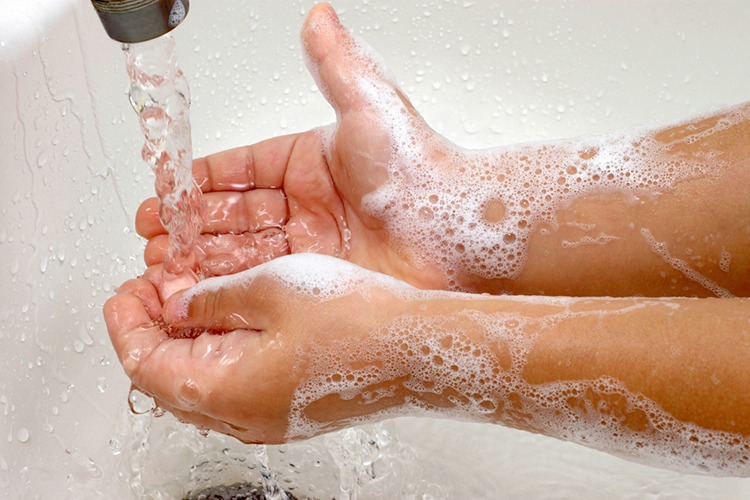
Proper hand washing is important to maintain good hygiene. Up to 80% of infectious diseases can be prevented by washing hands properly, as there are no vaccines for many intestinal infections. Therefore, personal hygiene remains the most important preventive measure. Hand hygiene should be learned from an early age. Always wash your hands when they are dirty, after visiting public places, after using the toilet, before eating, and in other necessary situations! Insufficient hand hygiene can lead to diseases known as "dirty hands" illnesses: salmonellosis, typhoid fever, dysentery, viral hepatitis A, rotavirus and norovirus infections. Airborne infections such as coronavirus, flu, diphtheria, rubella,...
Read more